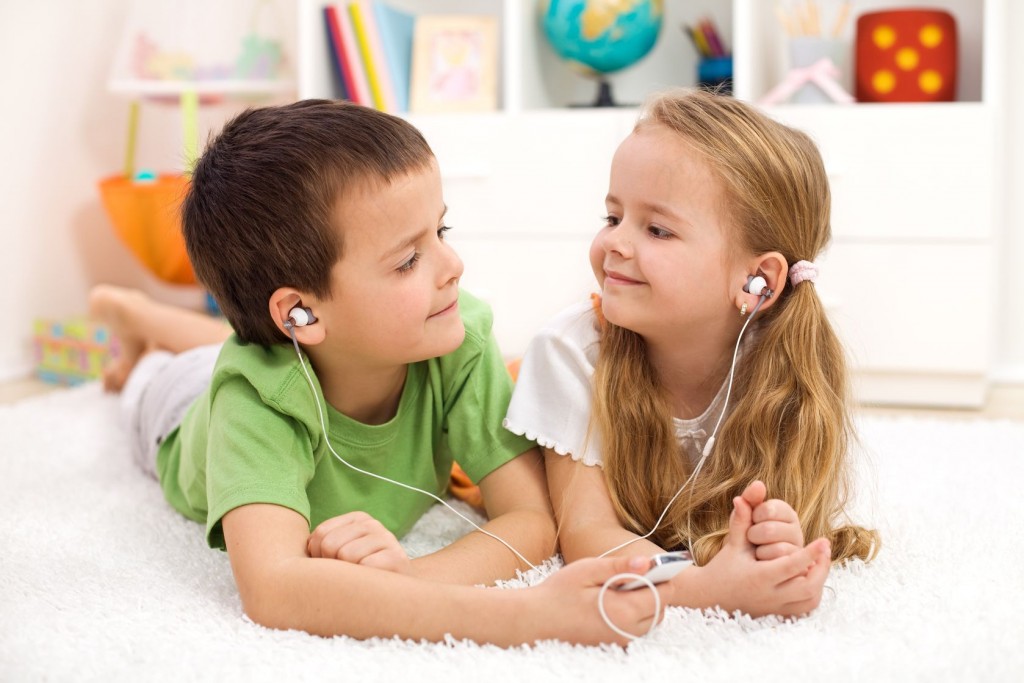If you’ve ever had (or have) more than one young child in your home, you’ve listened to more bickering than you want to. Much of the time it’s two little people squabbling over the exclusive use of the same toy, electronic device, book, chair, etc.

Courtesy 123RF/Nagy-Bagoly Ilona
You may hope they’ll grow out of it or learn to resolve it on their own. They won’t. Selfishness is wired into us and unless a child is trained in how to share, he’ll grow older and yet remain a petty child at heart.
All of life is a dance—cooperating with others, learning to flow together, and in a way that’s enjoyable and beneficial to everyone. And life favors those who learn to get along with others. Knowing how and when to share is a vital life skill that needs to be trained early in a child’s life.
“Mine!”
When do you start training a child how to share? When you hear her say, “Mine!”
It won’t take long for a child to learn that word and its meaning. It’s one of the first tastes of power a little person experiences in a world where he has little other control. And he wields it mercilessly.
It’s one thing if a child takes a toy another is playing with. But when the toy is not being used on the other side of the room and the child declares, “Mine!”, when another begins to play with it, it’s time for the Sharing Bootcamp to begin.
The Dark Side Of “Mine!”
At the heart of the issue is a desire to control at the expense of another. Not all control is wrong. It’s often very necessary. But when it’s motivated by wanting to keep a tight grip on something for selfish purposes and to withhold pleasure from someone else—Houston, we have a problem.
An unchecked person wants what he wants, when he wants, and doesn’t want anyone else to have the benefit of the same thing.
One person is generous and yet grows more wealthy, but another withholds more than he should and comes to poverty. — Proverbs 11:24 NET
We all want good to come to our kids—for them to prosper in every way. You’ll do them a great favor by breaking this dark side tendency early on. Nobody wants selfish, mean, bratty kids. And nobody wants their kids to suffer the consequences of stinginess.
A Practical Solution
Don’t get me wrong—I’m not saying a child must immediately allow another to use something of theirs just because another wants it. We all need to learn to wait our turn also. A younger child may not understand that something is fragile and may lack the discretion to treat it as such. So there are certainly exceptions to any general policy.
But we found a simply policy to help us train sharing hearts in our kids—and gain greater peace in our home! It was simply this: if another person asks to use something of yours, unless you are using it or it may cause harm to the person or the item they wanted, allow them to use it as long as they handle it respectfully.
Respect must be a cornerstone for any healthy family or organization. We should respect others, their feelings, and their property. That means if we want to use something, we need to ask. But to withhold something from another needlessly, just to exercise control, isn’t showing respect either. So whenever we can say, “Yes,” to a request, we should—and the favor will be returned.
If something is shared and the other misuses it, the privilege ends. And a favorable response to a future request to use it again may not be automatic. At these points, a parent will likely need to be involved to help clarify and turn it into a teaching moment instead of a brawl.
The main lesson we want everyone to understand is that when we try hard to get along and share when we can, everyone wins. You can still maintain appropriate control over what may belong to you yet you can also choose to share whenever asked.
Sharing is another essential life skill that is best learned at home—and as soon as possible. You’ll improve the peace and mutual respect for each other in your home, and set your kids up for the best life has to offer them.
Be the parent. Don’t let the dark side of “Mine!” erode your home’s peace or child’s future.
Question: How have you helped encourage a more sharing spirit in your child? Share your answer in the comments below.